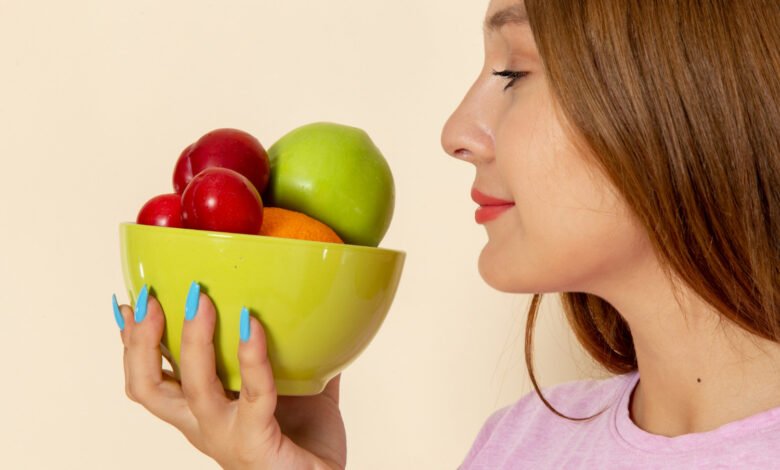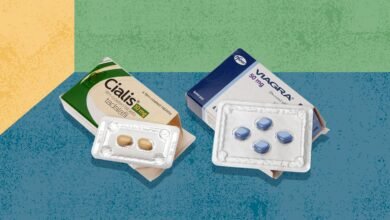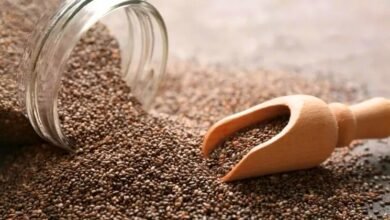7 Surprising Foods That Actually Benefit Your Teeth

Oral health is a critical aspect of our overall well-being, and maintaining it involves more than just brushing and flossing. What we eat also plays a significant role in the health of our teeth and gums. Certain foods can strengthen and protect our teeth, while others can damage and weaken them. In this article, we’ll discuss seven surprising foods that can actually benefit your teeth.
Maintaining good dental health is essential for overall health and well-being. While brushing and flossing are important practices for oral hygiene, diet can also play a significant role in keeping teeth and gums healthy. Surprisingly, there are several foods that can benefit dental health, offering benefits such as strengthening tooth enamel, neutralizing acid, and freshening breath. In this article, we will explore seven surprising foods that actually benefit your teeth and how they can contribute to maintaining good oral health.
Read More: Bitvae Smart S2 Electric Toothbrush Helps Improving Your Dental Health
Cheese
Cheese is not only a delicious snack, but it’s also great for your teeth. It’s rich in calcium, which is essential for strong teeth and bones. Calcium also helps to neutralize acid in the mouth, which can erode tooth enamel. Cheese also stimulates saliva production, which helps to wash away food particles and bacteria. Additionally, cheese is a natural source of casein, a protein that helps to remineralize teeth.
Green Tea

Green tea is a popular beverage that is loaded with health benefits. It’s also great for your teeth. Green tea contains fluoride, which is a mineral that helps to strengthen tooth enamel and prevent decay. It also has antibacterial properties that can help to reduce the bacteria in the mouth that can cause gum disease and bad breath. Finally, green tea has anti-inflammatory properties that can help to reduce gum inflammation.
Apples
Apples are an excellent source of fiber, which can help to stimulate the gums and promote saliva production. The fibrous texture of apples also helps to scrub the teeth and remove plaque. Apples also contain malic acid, which helps to neutralize the acid in the mouth and freshen the breath. The act of chewing on an apple also helps scrub away plaque and debris from the teeth, making them a natural toothbrush. However, it’s important to note that apples are still high in sugar, which can contribute to tooth decay if consumed in excess. Therefore, it’s recommended to consume them in moderation and rinse the mouth with water after eating.
Carrots
Carrots are not only a great source of vitamins and minerals, but they are also beneficial for dental health. Similar to apples, they are crunchy and require a lot of chewing, which helps to stimulate saliva production and scrub away plaque from the teeth. Additionally, carrots are rich in vitamin A, which is essential for the development of strong tooth enamel. This protective layer helps to prevent tooth decay and cavities
Almonds
Almonds are a nutritious and tasty snack that can benefit dental health. They are a great source of calcium, which is essential for strong teeth and bones. Additionally, the abrasive texture of almonds can help to remove plaque and debris from the teeth, acting as a natural toothbrush. Almonds are also low in sugar and high in protein, making them a healthier alternative to sugary snacks that can contribute to tooth decay. However, it’s important to keep in mind that almonds are also high in fat and calories, so it’s best to consume them in moderation as part of a balanced diet.
Celery

Celery is another food that’s high in water content and can stimulate saliva production, which helps to wash away bacteria and food particles. The crunchy texture of celery also helps to scrub the teeth and remove plaque. Celery is also a natural breath freshener and can help to neutralize odor-causing bacteria in the mouth.
Onions
Onions may not be everyone’s favorite food, but they have surprising benefits for dental health. Onions have antibacterial properties that can help to reduce the bacteria in the mouth that can cause gum disease and bad breath. Onions also contain sulfur compounds that can help to prevent tooth decay and strengthen tooth enamel. Finally, onions are a natural breath freshener that can help to neutralize odor-causing bacteria in the mouth.
Incorporating these dental-friendly foods into your diet can go a long way in maintaining good oral health. However, it’s important to note that these foods should not replace proper dental hygiene practices, such as brushing and flossing. Instead, they should be part of a comprehensive approach to dental health.
Conclusion
In conclusion, there are several surprising foods that can benefit your dental health. From cheese to onions, these foods offer a range of benefits, including neutralizing acid, stimulating saliva production, and freshening breath. By incorporating these foods into your diet, you can help to strengthen and protect your teeth and gums. By incorporating these foods into our diets and consuming them in moderation, we can improve the health of our teeth and gums, and prevent tooth decay and cavities. By taking care of our dental health, we can enjoy a healthy and happy smile for years to come.
Read More: Benefits and Drawbacks of Public and Private Dentists
FAQs
How often should I brush my teeth?
You should brush your teeth at least twice a day, for two minutes each time.
What other habits can I adopt to improve my oral health?
In addition to brushing and flossing, it’s important to avoid sugary and acidic foods and to visit your dentist regularly for check-ups and cleanings.
Are there any foods that should be avoided for good dental health?
Yes, sugary and acidic foods should be limited, as they can erode tooth enamel and cause cavities.
What is the role of fluoride in dental health?
Fluoride is a mineral that can strengthen tooth enamel and prevent tooth decay.
Can sugar-free gum improve dental health?
Yes, sugar-free gum can stimulate saliva production, which can help to wash away food particles and bacteria. However, it should not replace brushing and flossing as a regular dental hygiene practice.







